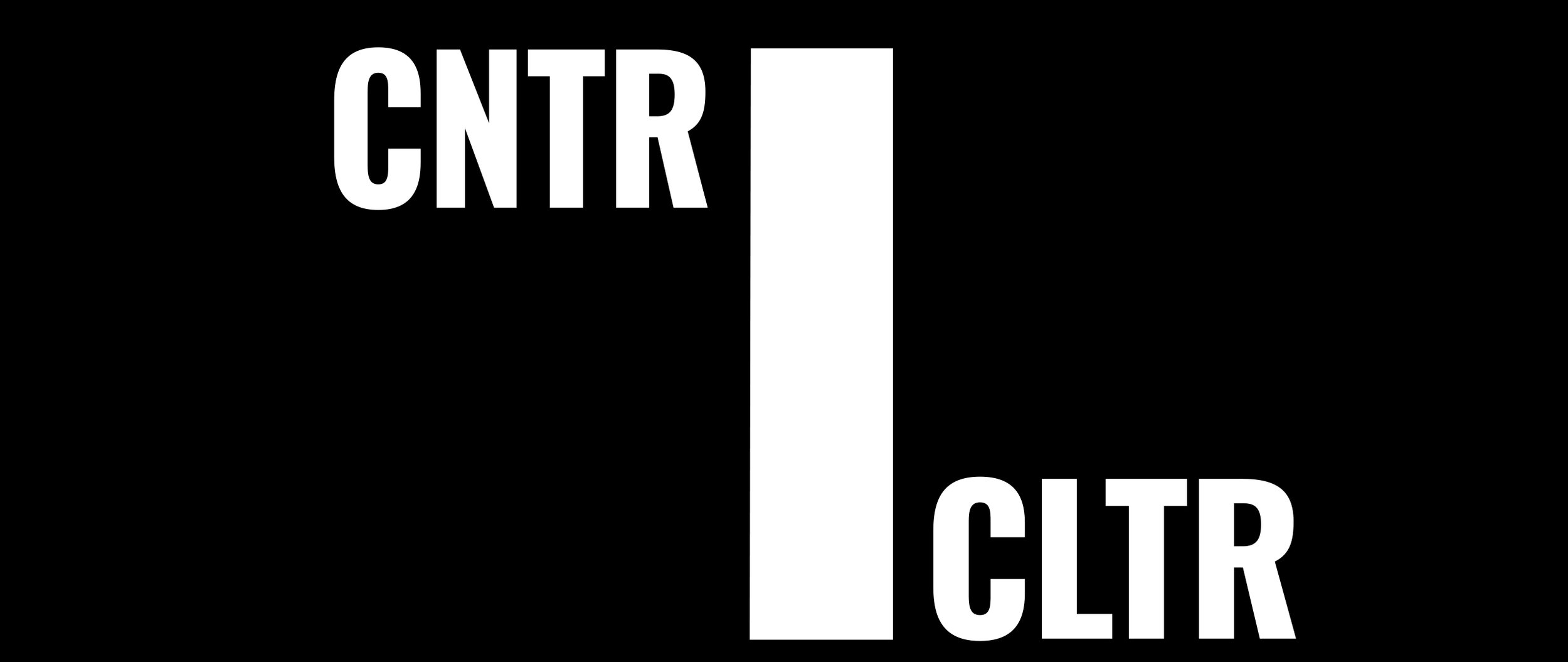Days Gone | A Tale Of Two Games
For the past week since it's release, I've been working my way through the 30+ hour campaign of Days Gone. And while I'm only about halfway through, one thing is extremely evident: the game has been subject to the infamous development issue "feature creep"
Days Gone is a narrative-based, survival horror game that takes place two years after an infection turns humans into a creature that the game's world calls "freakers". Like all stories that utilize "undead" enemies, freakers are very standard zombie fare with subtle differences like their incredible speed, lack of far sight, and they're tendency to group together in hordes.
You play as Deacon, a biker who is a shell of his former self at this point. Having lost the love of his life and lived through the apocalypse, Deacon has been incapable of recovering. His rambling dialogue and oft-times twitchiness during cutscenes and gameplay give him an unhinged feeling, which is a very different feeling I got when playing similar games, such as when playing as Joel from The Last Of Us.
While this would have been an interesting take on a protagonist - one who is good at their core but will almost always make irrational and terrible decisions - is forgone almost immediately. The team at Sony's Bend Studio definitely decided to let Deacon's softer side shine more often and earlier on to ensure the character was endearing enough for players, and I think that's at the game's detriment.
It gives the ensuing story less weight, it makes the tension between Deacon and Tucker and Copeland (the game’s first two camp leaders) feel more like small, reconcilable differences, and most of all it makes him predictable. When a situation is about to unfold, I can predict exactly what he's going to do since his pattern is so noticeable.
With that aside, a lot of the characterization for those around Deacon is much more nuanced and interesting. Lucy is a young woman you find stranded at her home early on, and without much dialogue, you can get the feeling of her brokenness just through her animations and facial expressions. Tucker and Copeland provide an interesting dichotomy as the former is a strict leader who rules with an iron fist and creates an almost oppression-like camp whereas Copeland pulls toward the other side of the spectrum and hosts a radio station where he tries to spread his theories for those left in the apocalypse. They never feel overtly cartoonish either, and their interactions with Deacon provide great insight into that.
One side character I was particularly disappointed with early on though was Boozer. The one person who is supposed to be closest to Deacon after his wife had died, Boozer ends up being placed to the wayside, only providing idle radio chatter as we ride through the wasteland. Early on, he is severely injured by cultist-like group the Rippers, and as you spend the first 8 to 12 hours exploring the world, Boozer is held up at their watchtower, giving off this feeling of helplessness. This feeling doesn't end nearly as soon as it should because going off his character at the start of the game, he gives off the impression that he would not like sitting idly for days at a time.
This game isn't all about its narrative, though, so let's talk about the gameplay.
Days Gone is very derivative of the "new" classic Survival Horror style. Much like other survival games like State of Decay, you roam an open road where you scavenge for materials and weapons, manage your vehicles fuel, and take on miscellaneous quests for various people in the area. While doing this, you build trust with the camps you work with up to three tiers. With each tier comes new available upgrades to your weapons and vehicle to buy. Essentially, the loop is very rinse and repeat.
The problems that arise from this, however, is that it never fully leans in to the "survival" elements like it's contemporary counterparts do. You don't have to worry about your inventory limit (which some will actually enjoy), you can't manage camps in meaningful ways that make you feel like you're making a difference, and building camp trust is too slow. For all of the intricacy that freakers can have, the world never feels fully developed. Searching through houses never proves very rewarding, and killing enemy camps and unlocking bunkers don't really provide much aside from a fast travel point. Really the most meaningful thing to do in the world are the Nero checkpoints, where you can find grab an upgrade that can increase one of three attributes: stamina, health, or focus.
There just aren’t enough good rewards to be handed out to you as you progress through the world. All the meaningful weapons and vehicle upgrades are tucked away in the encampments, which require you to earn enough "Trust" per camp and upgrade it to the next level to unlock a new set of weapons and upgrades to purchase. The issue with this is that earning "Trust" is a slog and feels padded to fit the game's Campaign length. And this bring me to my next point - the game lacks cohesiveness in its design.
At about the 20 hour mark, there were three things that were keeping me going - its story, dialogue, and voice acting. Days Gone's story is surprisingly fantastic. While somewhat formulaic, the writing and the voice acting supporting the dialogue written helps you feel a connection to these characters.
Deacon, Boozer, Rikki, Addy, Lisa - I was honestly taken aback at how much I cared for these people. Their dialogue is natural and realistic, and their voice actors help to drive that point home. Eventually, there came a point where the reward for exploring the world wasn't something I could use like scrap or ammo - it was getting to hear more dialogue through Deacon's walkie talkie with his companions.
And then the game's fourth act arrives.
After you have taken down the massive cult known as the Rippers, uncovered ways to learn how to take care of the horde in this region of the country, and come to term's with the death of your wife, Deacon discovers that she in fact gasp might still be alive.
Having now lost 90% of the character development he's been building throughout the game's first 20-25 hours, Deacon rides south. There he finds a militia group run by a cartoonish dictator and a host of new side characters who aren't ever really given enough time to develop. He finds his wife who is surprise actually alive, and now his quest is focused on him finding a way to get her out of the camp she’s in and leaving the state once and for all.
Days Gone is very much split into two parts. The first contains an excellent narrative with interesting characters set against a mediocre gameplay loop. It's second part is stale, cliché, and uninspired. However, this part fully introduces the Horde. Uncovering and taking down Hordes allow for strategic planning, a sense of unease, and a certain amount of unpredictability due to the AI. It's easily the best gameplay feature within the game that is properly brought in way too late.
At first, I was trudging through boring gameplay to get to the story, now I'm trudging through boring story to get to the gameplay.
It's interesting that this game was written by only one person since its narrative and characters have so many inconsistencies. The game simply feels padded and lacks focus. Upgrades take too long to acquire, the story is a slow burn that ultimately takes a poor left turn, and the world is bigger than it needs to be.
If it had simply chosen to focus on the first three acts of the story and forgone the southern region in the game, Days Gone would have the potential to be a strong 20-25 hour game.
As it stands though, it's hard to recommend the game when it never reaches a balance between strong story and compelling gameplay. If you do decide to take the plunge, just keep in mind its shortcomings.



